When queuing in a corner shop the other day I saw boy about 10 years old plonking two bottles of sugar-free Cherryade on the counter. He looked up at the cashier, bold as brass, and said: “Mum says it’s all right, it’s healthy.” Not that anyone was judging in the first place. But "Healthy"? That word is a messy muddle since 2018, when the UK Government's sugar tax arrived with the big promise of slimming our waistlines and saving our teeth. Seven years on, while we are unquestionably leaner on sucrose, we’re also knee-deep in something far less straightforward: a confusing cocktail of aspartame, acesulfame-K, maltitol, sucralose and stevia with no long term studies on their effects on children. And what does the current Labour Government's Chancellor Rachel Reeves do? Announce a further extension of this strange tax which hasn't really sorted out Britain's obesity problem.

Britain’s craving for sweetness runs deep. Medieval apothecaries sold “tonics” laced with honey for the well-to-do; Georgian naval surgeons issued daily rations of grog cut with molasses; the Victorians embraced fizzy lemonade as the favoured tipple in temperance halls. By the 1980s we were chugging Sunny D and Panda Pops, fuelled by cheap Caribbean cane and the belief that a low-fat biscuit, never mind the sugar, was practically a health food.

When the government finally acted, they chose a sledgehammer: drinks with more than 5g of sugar per 100ml would be taxed up to 24p a litre, a tidy revenue booster for the Treasury and a public-health salvo rolled into one.
Industry saw the threat and got creative. Out went glucose, in came artificial sweeteners hundreds of times more intense, pennies per tonne, and conveniently levy-free. The result was almost instantaneous. Diet and Zero variants mushroomed. A government study revealed that our average daily sugar from drinks fell by three to five grams - mission accomplished.
Except in 2023 the World Health Organisation, having sifted a mountain of data, came out with this inconvenient nugget: habitual sweetener consumption is linked to higher long-term risks of obesity, type 2 diabetes and stroke. Suddenly the saintly zero-calorie promise looked precarious. Researchers mutter about “metabolic confusion”, where sweetness without energy leaves the gut microbiome all confused and the brain starts craving real fuel. Anecdotally, plenty of us recognise the pattern: swig a litre of diet coke at lunch, spend the afternoon prowling for biscuits, blame lack of will-power.
Critics of the WHO point out the tangled causality - people who choose diet drinks may already be battling weight issues - but even sceptics agree the gut evidence is unsettling. A 2022 Cell trial found that two weeks on sucralose or saccharin rewired participants’ microbial populations and spiked their glucose response as if someone had tipped actual sugar into the bloodstream. Further studies have shown links to leukemia, colon cancer, liver inflammation and a myriad of other not-great stuff.

Taste, meanwhile, has taken its own beating. Sugar’s charm lies is its time span: a slow swell across the tongue, gentle, floral, balanced. Sucralose delivers a swift jab, then retreats with a twang of tinfoil; stevia layers on a weird medicinal after-taste. Lemonade now tastes like pennies soaked in lemon air-freshener. Sanpellegrino’s once-big-and-bold blood orange Aranciata is now meh. A chef friend once said he'd rather have paint thinner than diet ginger beer. Consumers notice; they just don’t always know why.
Money muddies the waters further. Because sweeteners cost less than sugar, manufacturers quietly pocket the levy they avoided. The Treasury still raises around £300 million a year, mostly from the handful of drinks - "full-fat" original Coke, old-school Pepsi - that stayed shamelessly sugary. But the rest of the market enjoys both tax immunity and higher profit margins. No wonder supermarkets now flaunt a rainbow of “No Added Sugar” labels while stealthily shaving bottle sizes. When a 500ml full-fat Coca-Cola tips £2.20 and a 1-litre own-brand diet cola is 60p, we’re nudged not by health messaging but by pure economics.
And what about choice? Scan a soft-drink aisle and you’ll find the new recipes wearing their sugar-free halos proudly, but the artificial bit is in minuscule tiny small print around the back. Parents juggling hyperactive kids discover only later that the “No Added Sugar” squash is laced with aspartame. People with gut disorders such as Crohn’s or IBS report cramps and bloating from polyols slipped into “light” tonics.
There’s an environmental issue, too. Sugar’s carbon cost is real - land, water, fertiliser. But many high-intensity sweeteners begin life as petro-chemical derivatives, stevia included (once you strip, bleach and crystallise it). Factor in processing, freight and packaging, and the green credentials diminish. A 2024 lifecycle analysis by a Dutch consultancy even suggested that, per bottle, some sweetened colas rivalled cane-sugar versions for total emissions, largely because ultra-concentrated sweeteners facilitate global mega-supply chains: one tonne ships a million portions, so why bother with local beet?
Still, it would be disingenuous to pretend the levy failed completely. Dentists are delighted: fewer children are turning up with cola-rotted molars. Yet if obesity stats refuse to budge, and the UK still has a huge child obesity problem, one has to wonder whether we solved anything. Is it just a case of tackling a symptom, not the root problem? We’re drinking the same blinding sweetness, just rebranded as "guilt-free", which is arguably more damaging. Further extending the sugar levy to packaged milk drinks such as milkshakes and flavoured milks, which is mainly consumed by children, means more drinks pumped with ultra highly processed sweeteners marketed to kids. I can't understand the rationale behind this other than it being another quick fund-raiser for the Treasury.
So what might a smarter fix taste like? We could follow the salt-reduction playbook of the early noughties: dial sweetness down little by little, give palates a chance to reset, and skip the chemical quick-swap. We could demand bold, front-of-pack flags for artificial sweeteners, so parents and tricky guts choose knowingly. We could earmark a slice of levy revenue for fizzy-water fountains in schools, or subsidies for small producers experimenting with lightly sweetened botanical sodas. Or hey, I know it's a radical idea:, but maybe treat sugary pop as a rare treat and champion water that actually tastes of water.
Will any of that happen? Whitehall rarely rewrites a policy it can badge as a success, and the treasury enjoys its sugary slush-fund. But public sentiment may force a rethink, just as the margarine scare of the ’80s eventually gave in to good ol' butter. Once something marketed as healthier begins to feel vaguely sinister (think of the whispers about ultra-processed foods) a tipping point arrives.
Back in the corner shop the young cherryade kid was still negotiating with his mum, arguing “zero means nothing”. I was tempted to step in to explain the difference between nothing and not-quite-proven-harmless, but bit my tongue not least because I'm too British to pipe up. It isn’t a kid’s job to unpick Westminster’s nutritional sleight-of-hand. That burden rests with the grown-ups - legislators, scientists, and yes, anyone who still prefers their lemonade simple and recognisably lemony.
And let's keep reminding ourselves that "Sweet is a Treat". It's not your birthday everyday, so you don't eat birthday cake everyday. And when you do eat cake, make sure it's one that's worth the calories, made with real sugar, real butter and tastes like a real treat (like one of ours!).




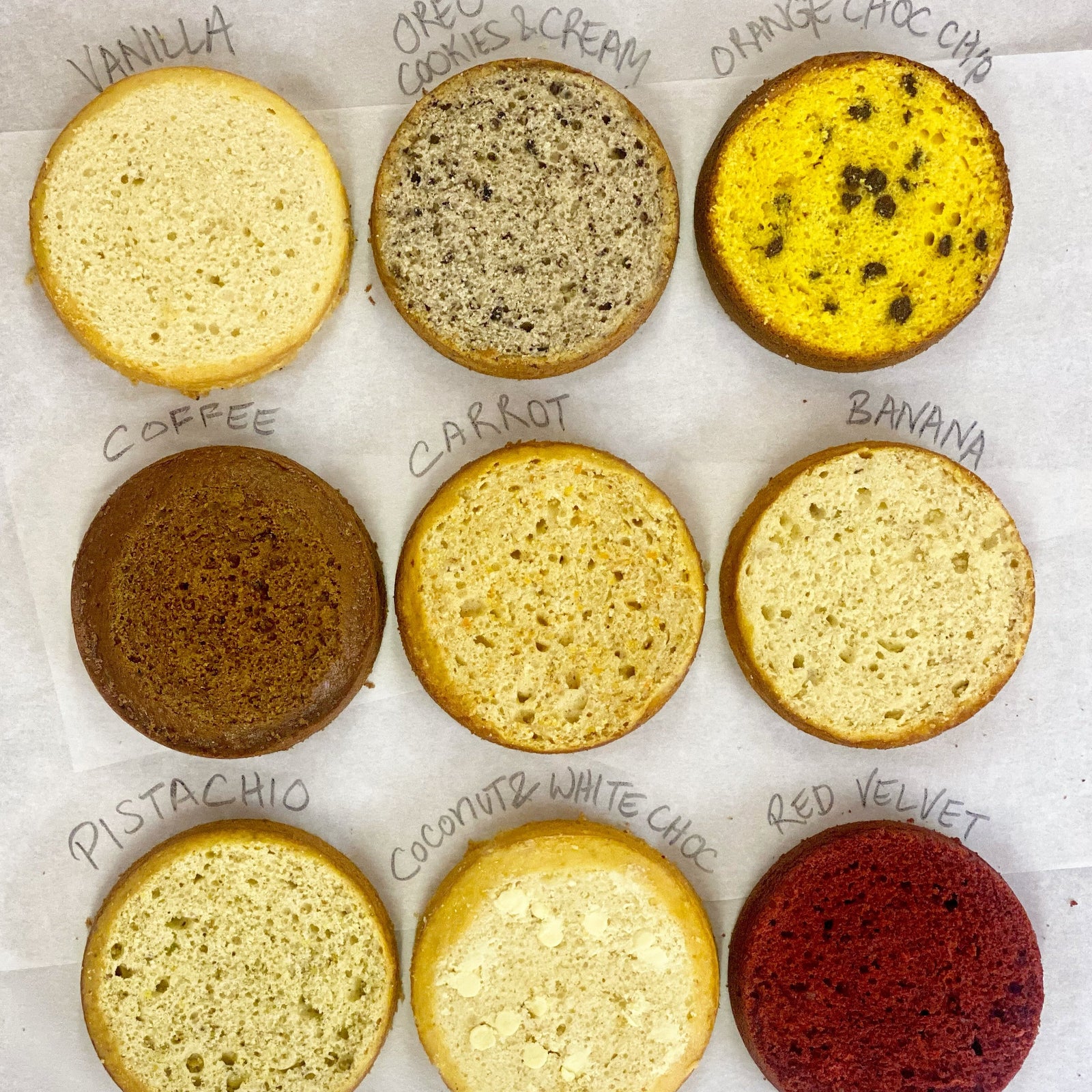
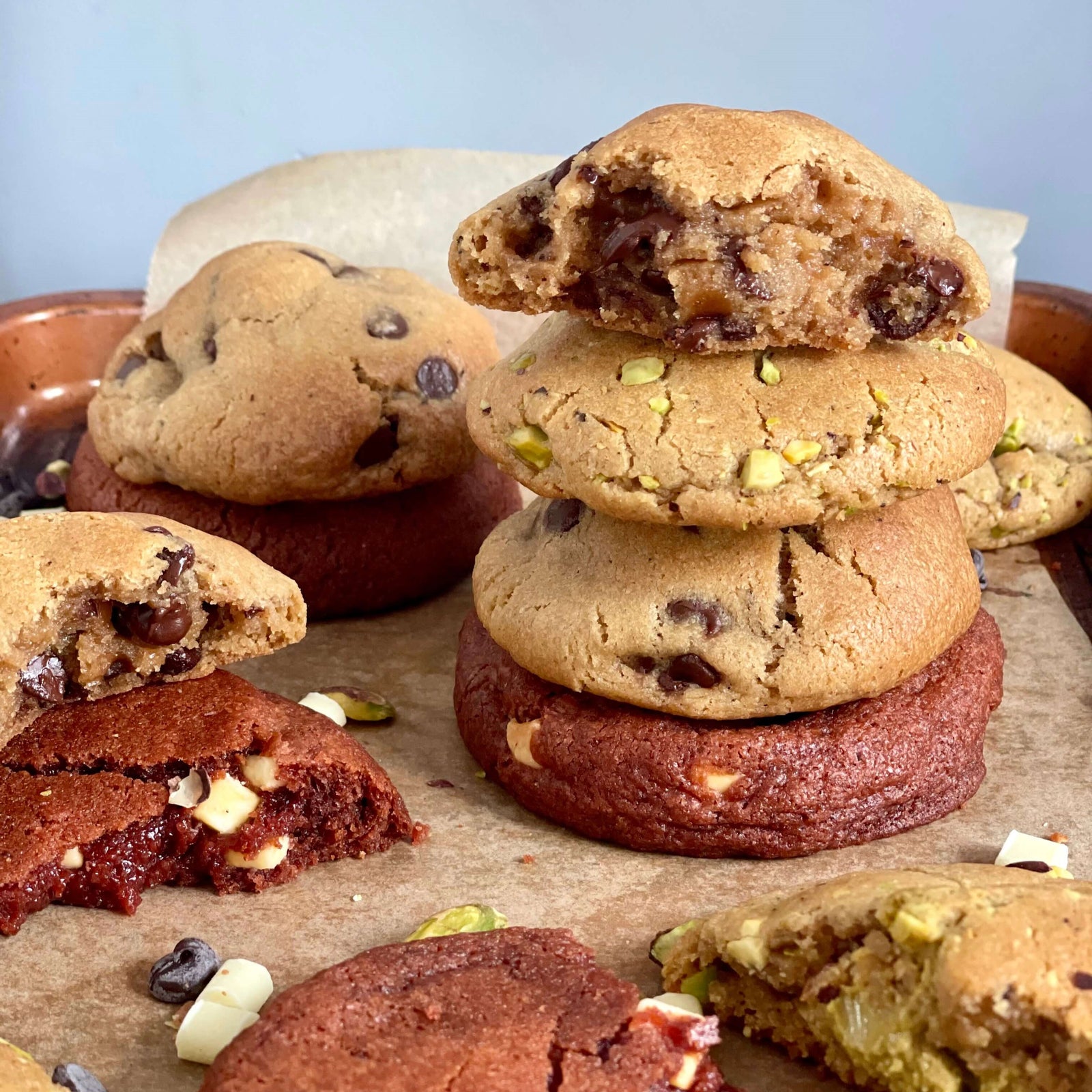
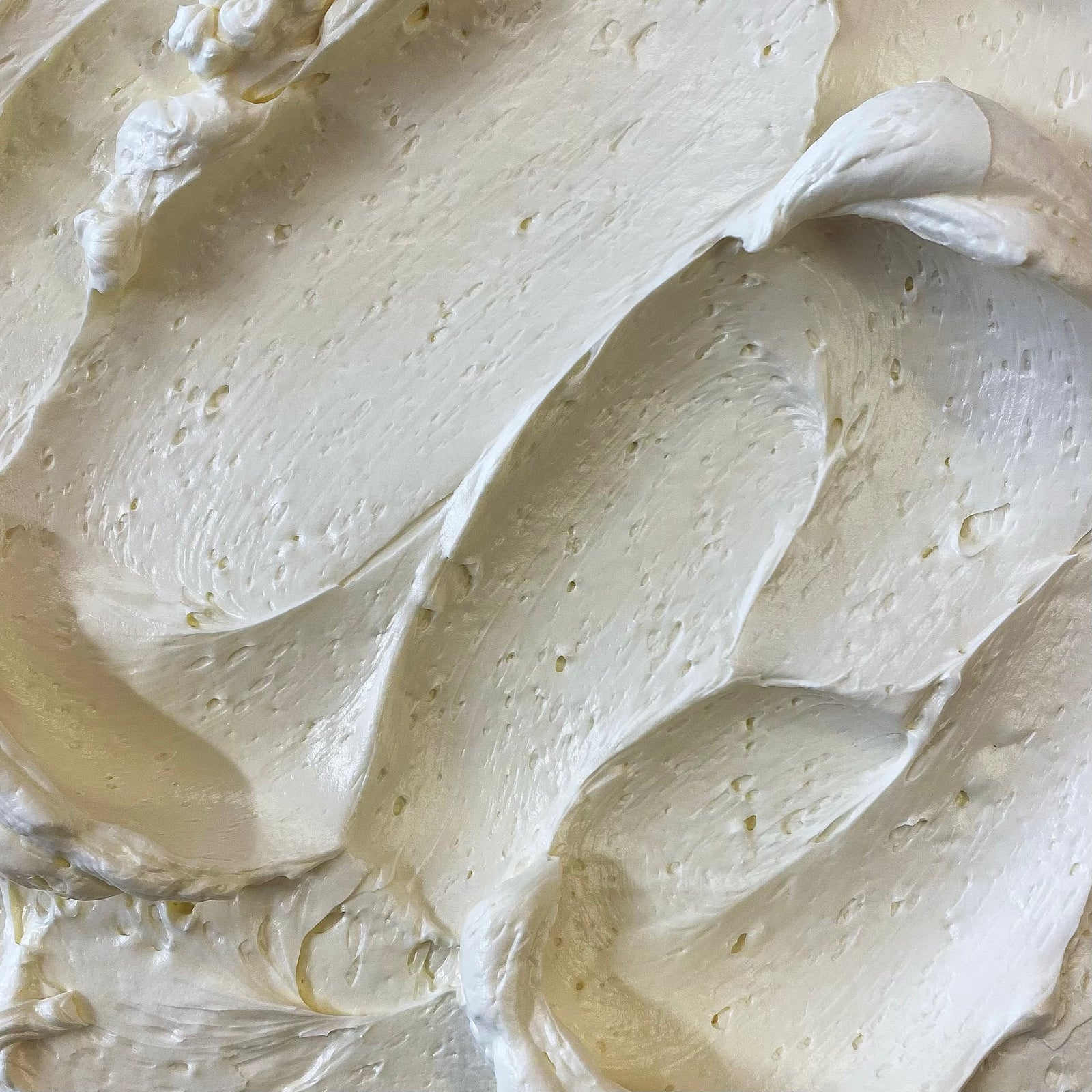

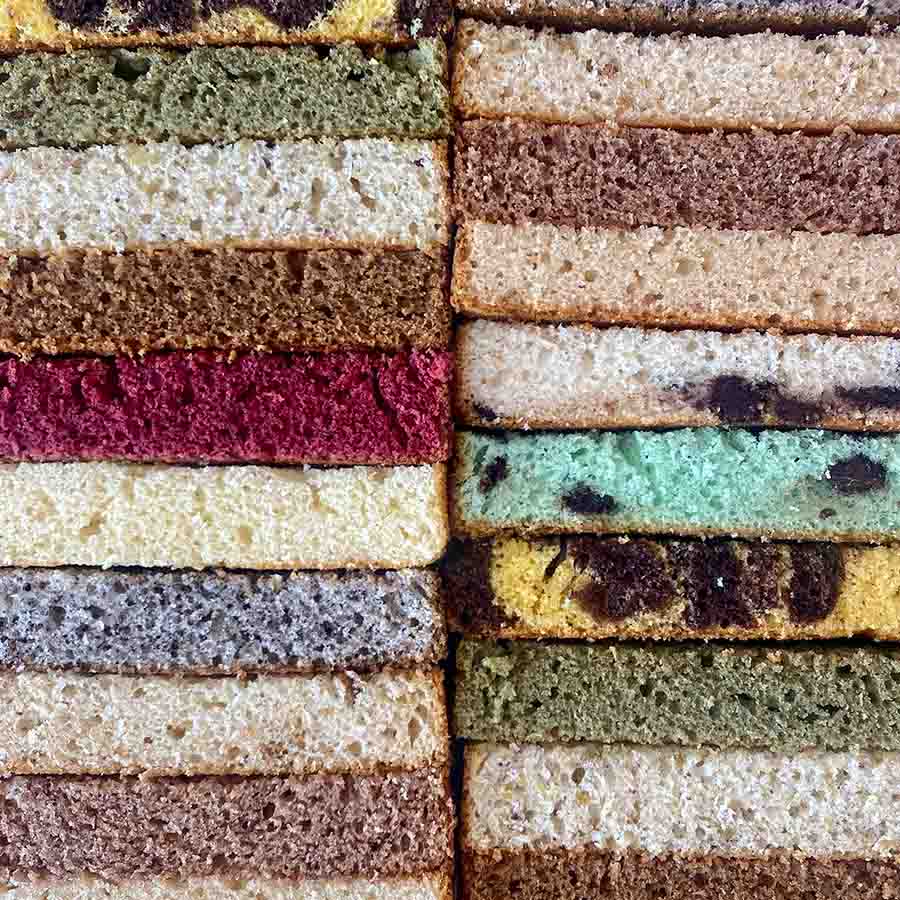
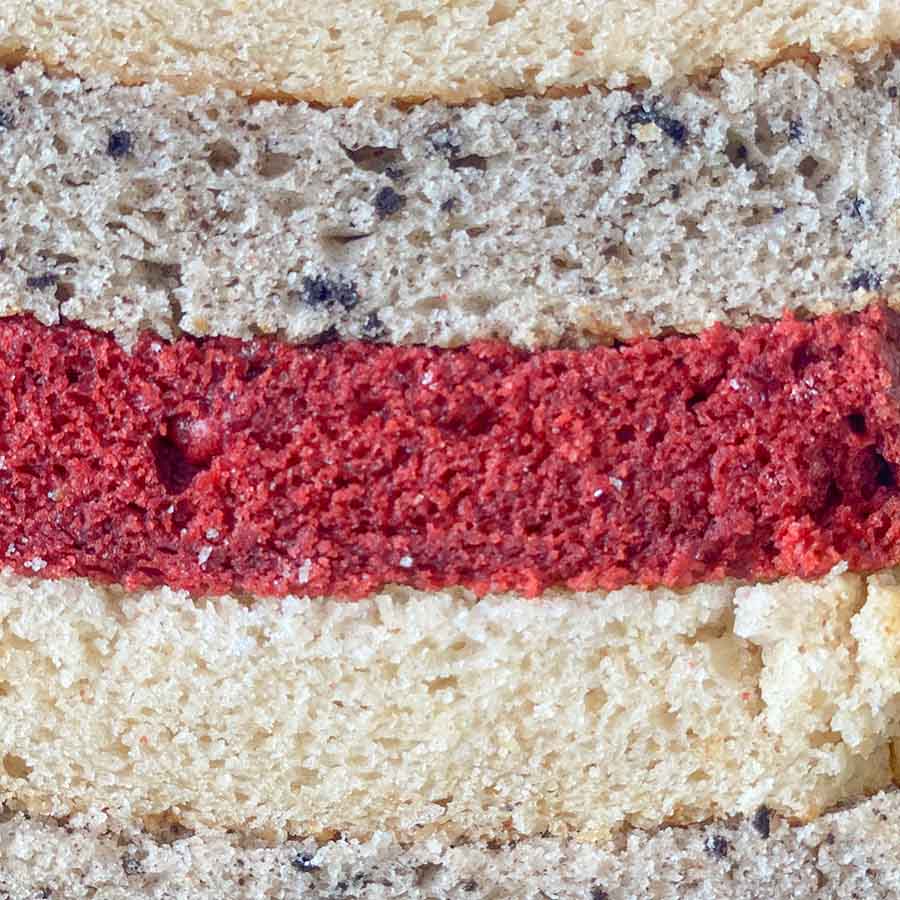
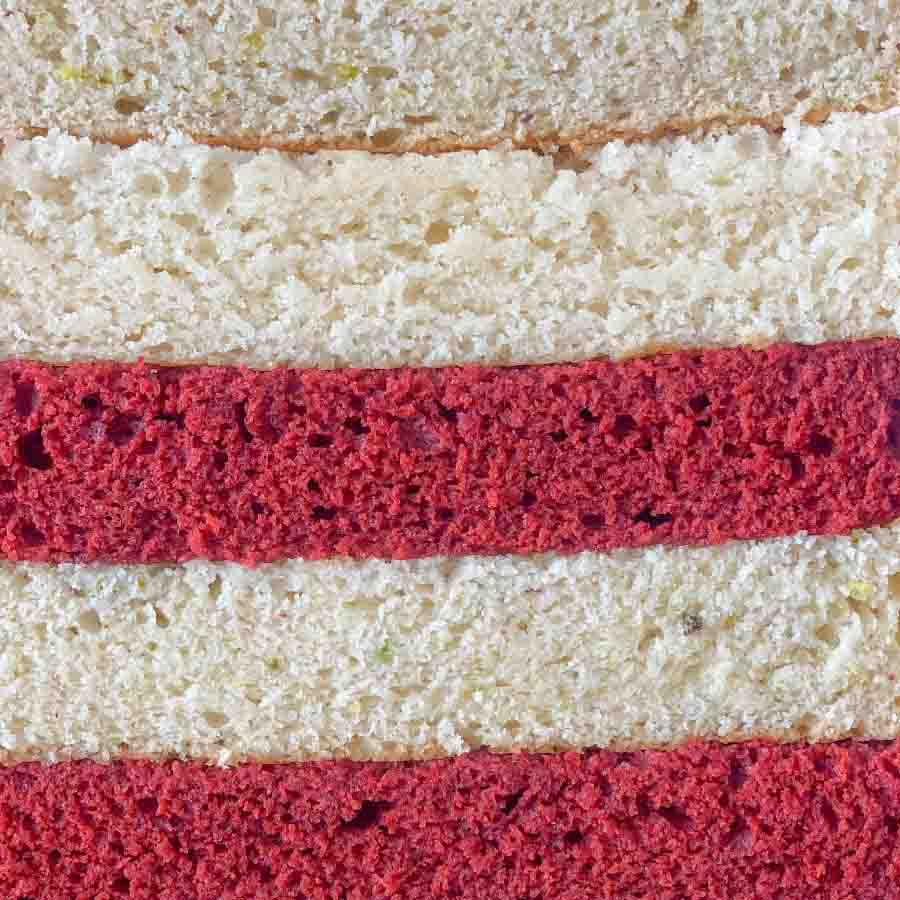
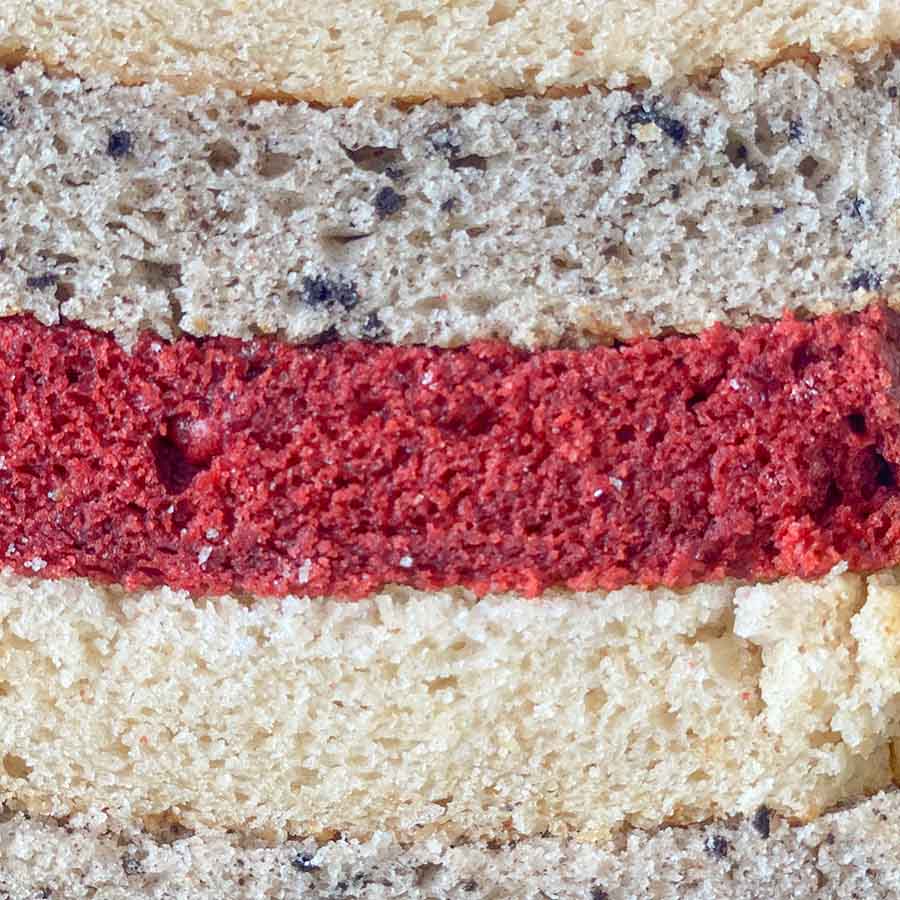

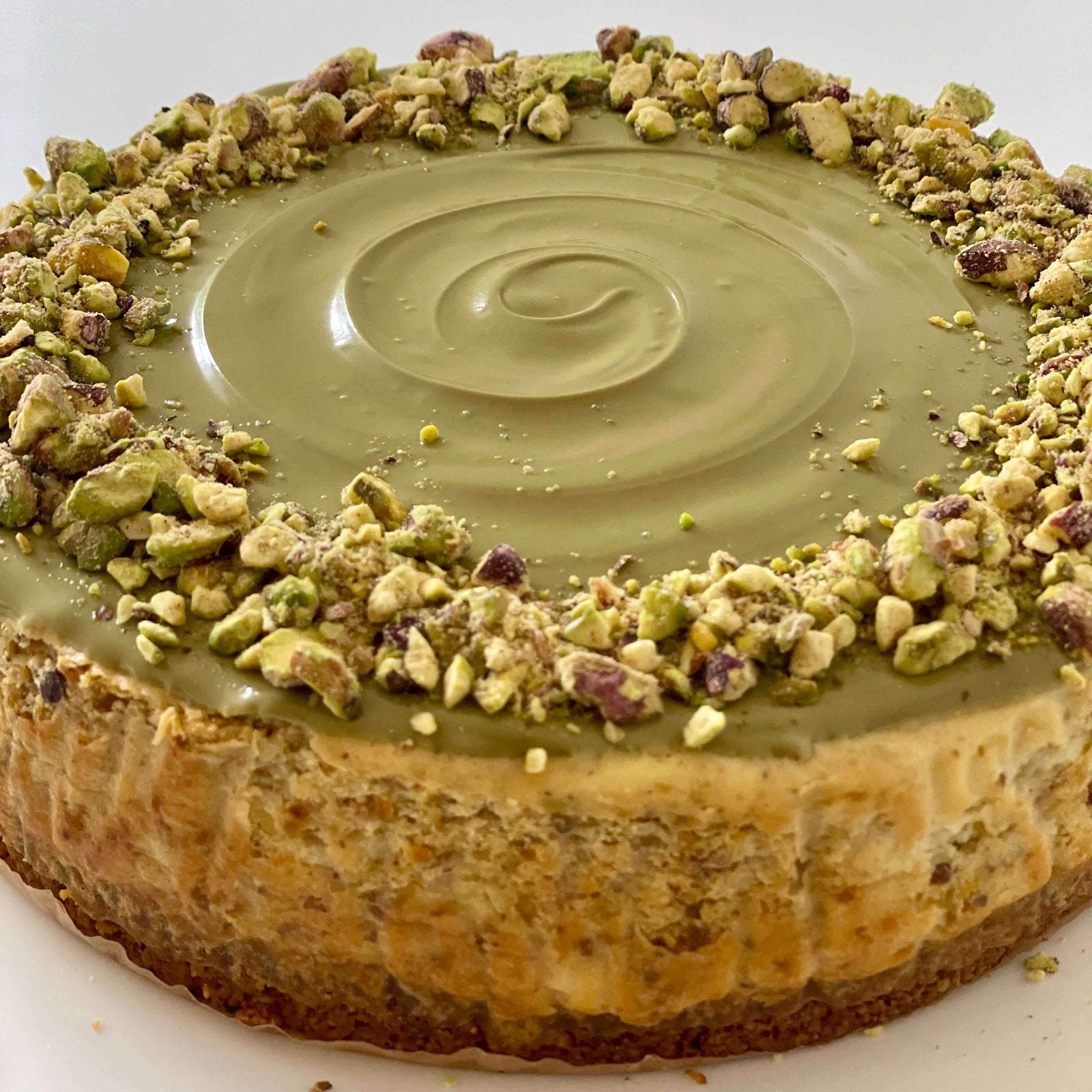
Leave a comment (all fields required)